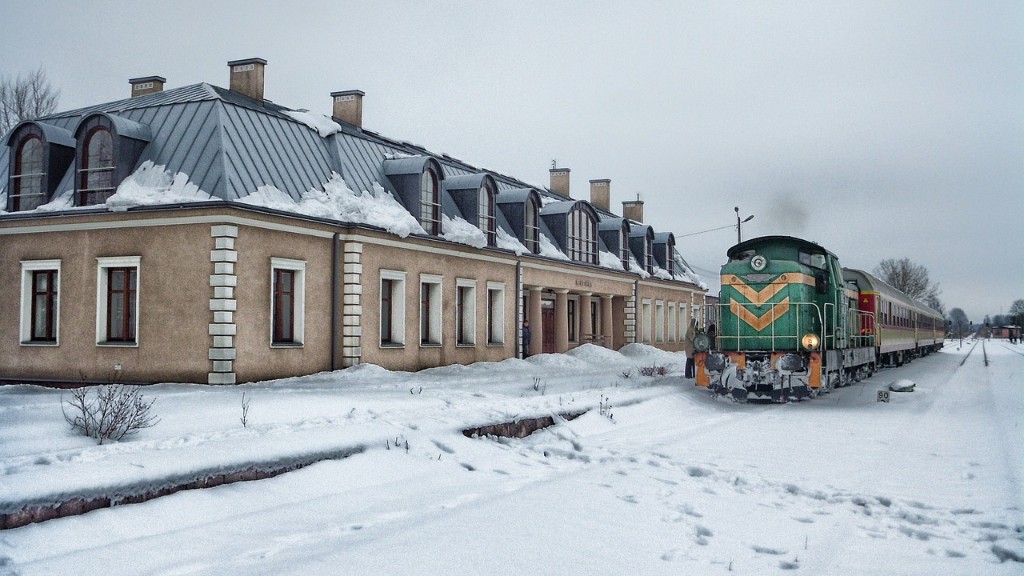Introduction
Poland was the first country to be invaded by Nazi Germany in 1939, at the very start of World War II. From then on, during the six years of war, the Polish army put up a brave, yet often futile resistance against one of the best-equipped militaries of its time. In spite of heavy losses, Poland was able to launch several counter-attacks against the German-controlled territory, albeit without much success. Their involvement in World War II, however, can be judged only in the context of the geopolitical environment of the time and the ever-changing situation on the ground.
Polish War Effort and Goals
The Polish defense strategy was multi-pronged, and evolved from a passive defensive strategy to a more active one as the war progressed. Initially, the Poles had limited resources and capabilities and so decided to try and limit the German advance and slow down the influx of troops. This led to the formation of the ‘Army of the Poznan’, located in western Poland and using the rivers of the region to slow down the progress of the German Army. As the war progressed, Polish forces across the country began to prepare for offensive operations. Throughout all of this, they had one main goal: to liberate their homeland.
Polish Military Preparedness
The Polish army was not adequately prepared for the onslaught they were to face from Nazi Germany. They were vastly outnumbered in all 4 branches of their armed forces: the air force, navy, land forces, and reserves. Due to an even bigger lack of heavy equipment and the chaos that followed from the aerial bombings of major cities they further struggled to take control of the situation. Despite these shortcomings however, Polish soldiers continued to fight fiercely in spite of their limited resources. The Polish contribution to the resistance in World War II brought forth an immense sacrifice through their heroic resistance.
Polish Resistance to German Repression
In spite of the overwhelming amount of Nazi forces and the almost certain death sentence for all those who resisted, Poland stood up for its own sovereignty regardless of the risk involved. This was made evident by the thousands of local uprisings throughout the country as well as widespread acts of sabotage and passive resistance to the German rule. Additionally, Polish members of the resistance organization, the ‘Home Army’, worked tirelessly to organize and support open confrontation with the Nazi enemy.
Polish Commanders and Heroes
The brave and resilient Polish army was led by some of the most remarkable commanders of the 20th century. General Władysław Anders, Yakub Berman, Tadeusz Bór-Komorowski, and most of all General Stefan Rowecki, are the names that will forever be associated with the plight of the Polish people during World War II. Through their courage and military prowess they inspired the Polish people to courageously fight for their freedom.
Communist Rule over Poland Post-WW2
At the conclusion of World War II, Nazi Germany was defeated and Poland was once again an independent nation. Unfortunately, Poland’s independence was to be short-lived. In 1945, the Soviet Union assumed control of the country, and a brutal dictatorship followed for the next 45 years. This new era of oppression, along with the loss of lives during World War II, resulted in a Polish death toll estimated to exceed five million people.
Polish War Legacy
The heroic struggle of the Polish army in World War II will be a constant reminder of the country’s strength and courage in the face of adversity. The Poles fought bravely, often against overwhelming odds, and their military resistance was an inspiring example to all. Today, many of the Polish veterans of World War II are respected by many as symbols of national pride and courage.
Polish Military Support for Allies
While the German forces were the primary enemy for Poland, the Poles also provided significant support to their allies in the war. Approximately 250,000 Polish servicemen and women fought alongside the British forces, and together they carried out daring operations such as the Battle of Monte Cassino. In addition to those who fought on the western front, Polish troops also served in the Soviet Army, and proved to be invaluable for the successful invasion of Germany.
Polish National Uprising
The pinnacle of Polish efforts during World War II would have to be the Polish National Uprising. This was the largest single military effort of the entire war and involved over 800,000 Polish soldiers. Despite facing immense opposition from the Nazi forces, the Poles were able to capture several strategic positions in Warsaw and held them for over two months. This was one of the few instances in which the Germans had been pushed back from occupied territory, and it has become a source of pride and inspiration for the Polish people.
Polish-Soviet Agreement of 1945
The Polish-Soviet Agreement of 1945 would ultimately be a great turning point in the fate of Poland. The agreement, which was never officially endorsed by the Polish government, allowed for the continued presence of the Soviet Union in the country and was interpreted by many as a surrender. In the years following, the Stalinist dictatorship that was installed in the country would go on to oppress the Polish people in ways previously unheard of.
Polish Solidarity Movement
In the years that followed World War II, the Polish people showed immense courage and resilience under the oppressive rule of the Stalinist regime. Finally, in the 1980s, the Polish Solidarity Movement was founded and it went on to spread popular discontent with the government. This eventually led to the restoration of democracy in Poland in 1989 and the lifting of the oppressive rule of the government.
Polish Post-Communist Independence
With the end of communist rule and the fall of the Berlin Wall, Poland finally regained its independence. This resulted in economic and political reforms that have helped to make the country the vibrant force it is today. While Poland still suffers from many of the legacies of War II and communist rule, the Poles have been able to rebuild their nation and forge a path for a brighter future for their people.



